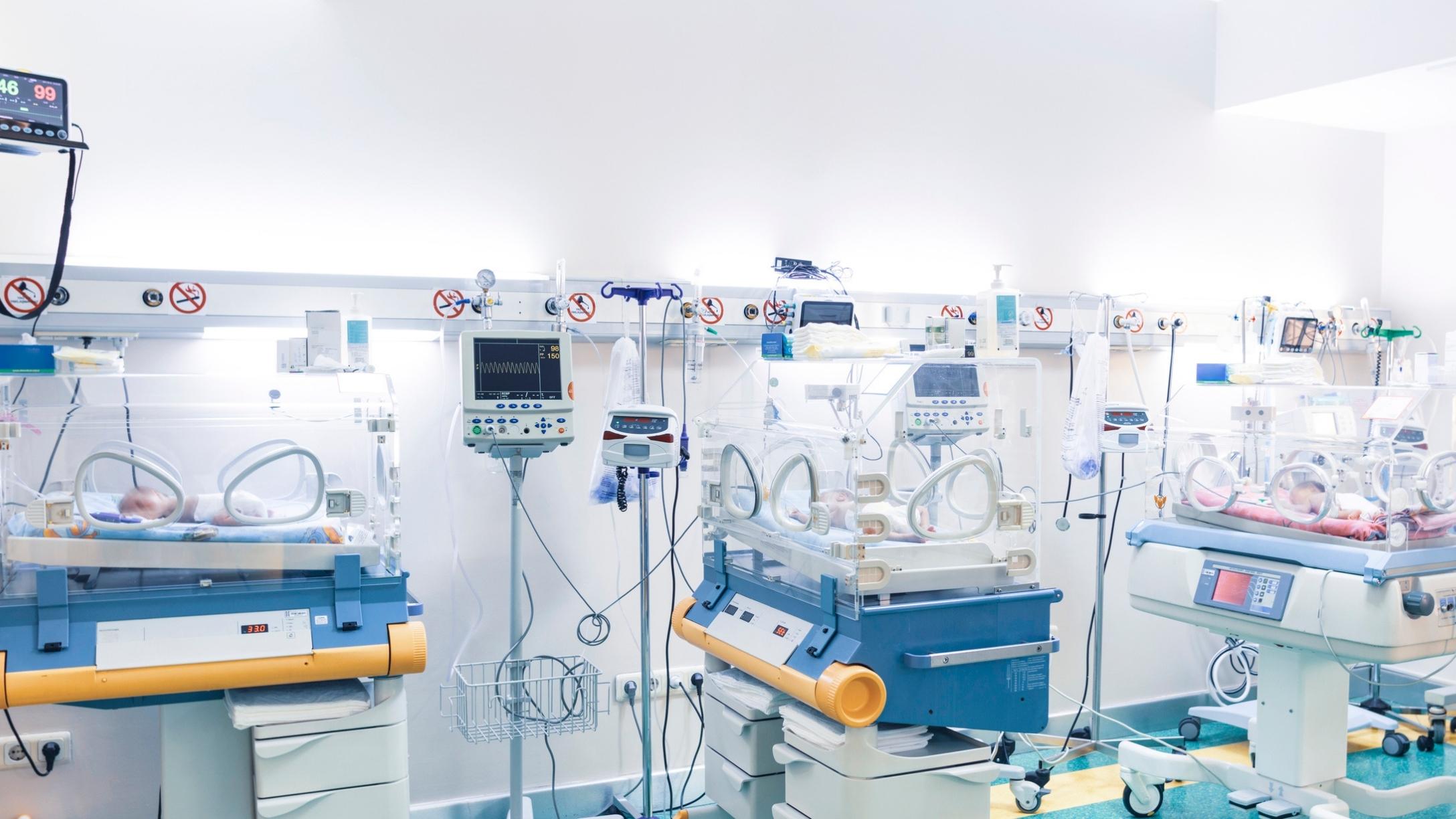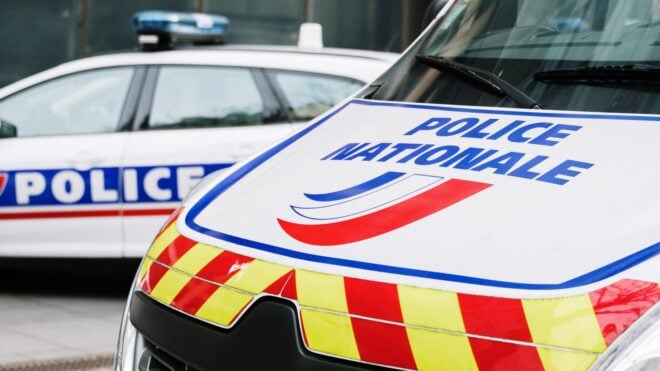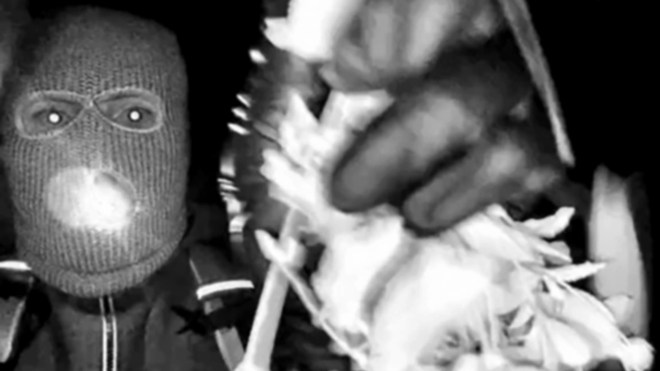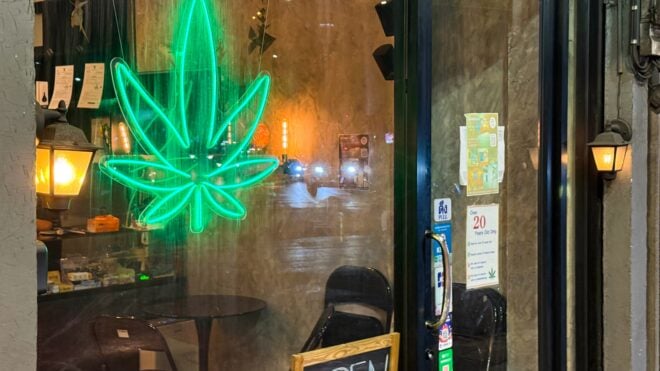
Coney Island in the 1930s was a popular spot for people to go and see various attractions on the boardwalk. For 25 cents, you could see Martin Couney and his incubator babies.
That's right. Guests would pay a quarter to be able to see premature babies in incubators, where they were working on growing strong enough to head home. It was the work of Martin Couney, who became known as the "incubator doctor" despite having an unclear history.
More from LittleThings: MI Republican Candidate Tells His Daughters To 'Lie Back And Enjoy' If Rape Is Inevitable
Couney was elusive about both when and where he was born. It's believed he immigrated to the United States in 1888 at 19 years old. He claimed to have obtained his medical education and license in Europe, studying medicine in Leipzig and Berlin. Since a 19-year-old wouldn't be that advanced in his career, however, historians now believe that Couney may have had no medical training at all.
Couney claimed to have studied with Dr. Pierre-Constant Budin, who made many of the advancements we enjoy in modern neonatal medicine today. It seems, however, that Couney was just a medical equipment technician at the time.
Couney claimed to have invented the incubators himself, despite there being little supporting evidence. It's believed they were based on Budin's "hatchery machines."
Couney's personal interest in the matter came from the premature birth of his own daughter in 1907. His wife, Annabel, gave birth to daughter Hildegarde six weeks early. The baby weighed just 3 lbs.
Were it not for his incubators, his daughter would not have survived. Few medical options were given to premature babies, who were born at the same rate then that they are today. As many as three of four preemies wouldn't survive (per All That's Interesting).
Incubators were expensive to make at first, leaving doctors hesitant to adopt the machinery. Through the late 1930s, doctors were sending babies to Couney to use his incubators. Couney complied, showing no bias to social or financial background, or even race, according to Smithsonian Magazine. Couney would also cover all costs for families, which were around $15 at the time.
Couney was widely accepted and respected in the medical field. He was even friends with Morris Fishbein, president of the American Medical Association (AMA), at the time. Couney could have been hit with major fines and jail time if he'd been discovered, but that was not the case.
Despite his lack of credentials, Couney did massive good in his 50-year career. It's believed he treated over 8,000 babies and saved around 6,500.




